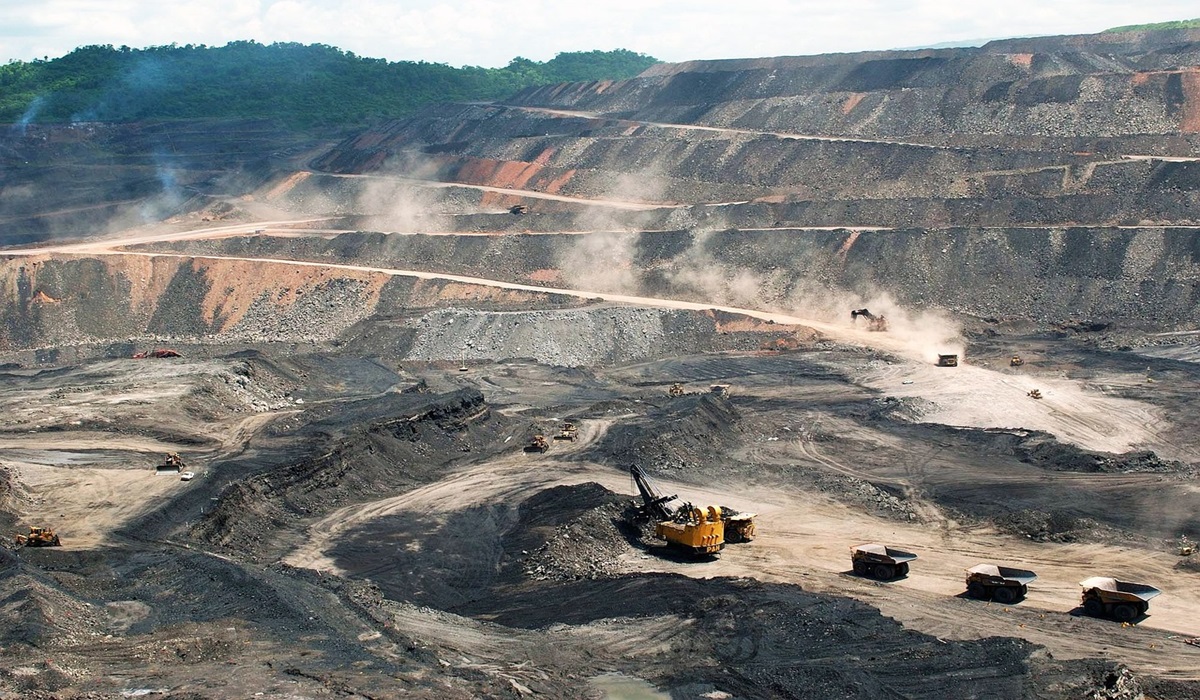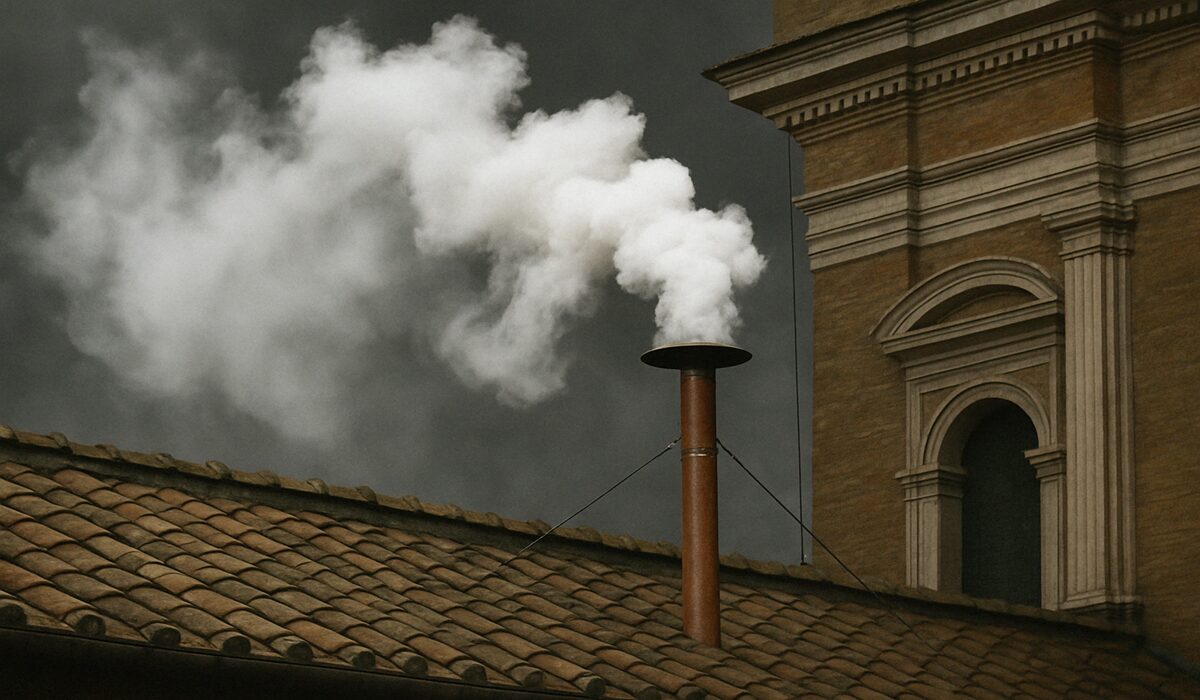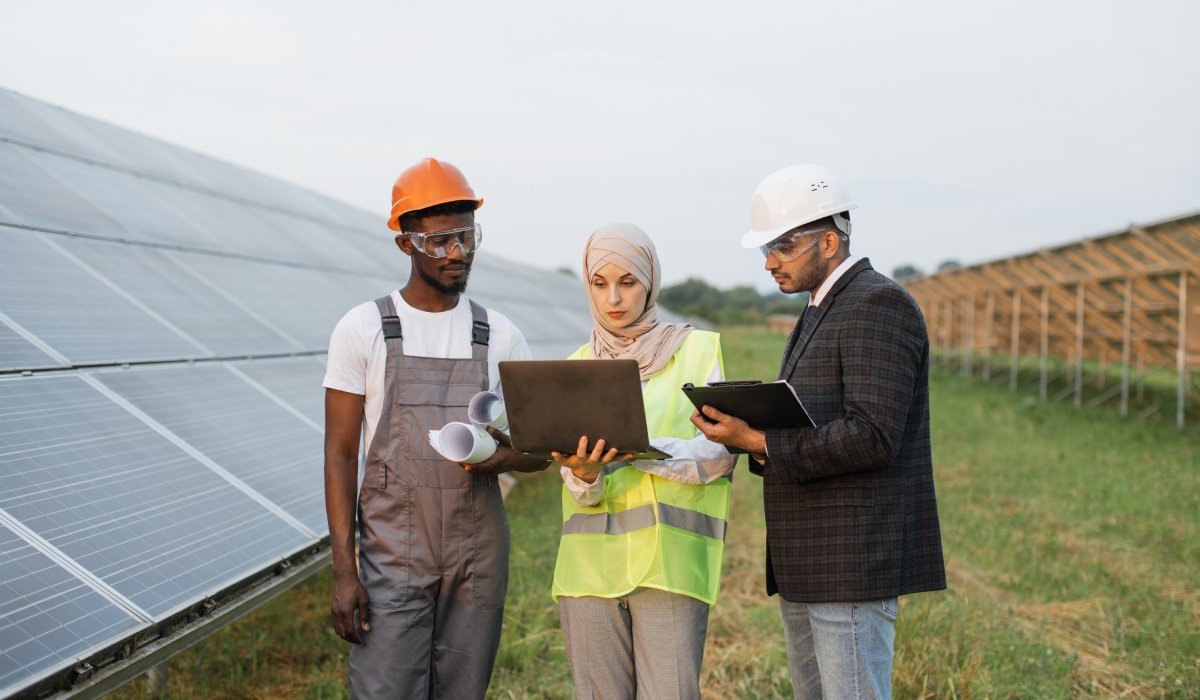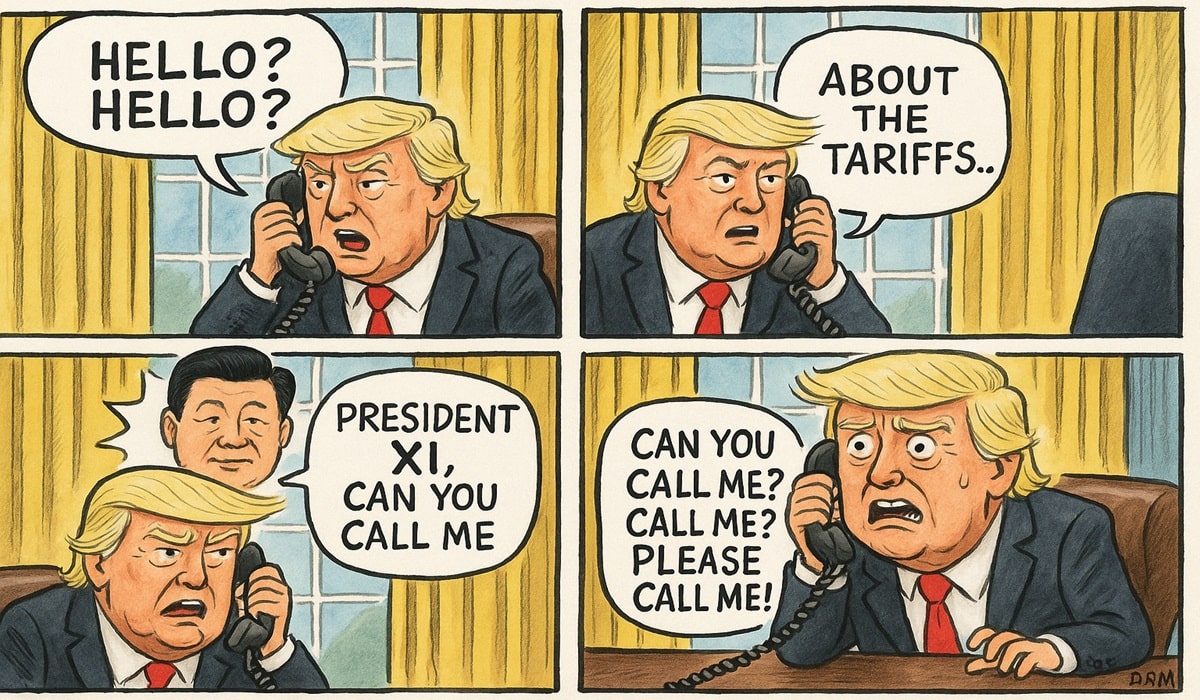The White Gold Rush: Unveiling the Hidden Exploitation Behind Lithium Mining
- Kingston Bailey
- Business
- Climate Change
- D.O.C Supplements - Trending News
- June 3, 2024

Image Credit, Diego Efrain Cadillo Truillo
Lithium has become a critical resource in the push for cleaner energy, particularly for electric vehicles (EVs). Dubbed the “new white gold,” lithium is essential for the production of rechargeable batteries that power not just EVs but also smartphones, laptops, and other portable electronic devices. The demand for lithium is skyrocketing as the world moves towards greener energy solutions, but this shift has a significant and often overlooked human and environmental cost.
The extraction of lithium is fraught with ethical concerns, particularly regarding the exploitation of workers. In regions like the Democratic Republic of Congo (DRC), where significant amounts of cobalt (a key component of lithium-ion batteries) are mined, workers often face dangerous conditions. Reports have highlighted the use of child labor, lack of protective gear, and exposure to hazardous materials, leading to severe health problems and fatalities. Although cobalt and lithium are different elements, the exploitation patterns are similar in poor regions, including parts of Africa and South America.
Mining lithium is not only a human rights issue but also an environmental one. The process involves significant water consumption, leading to depletion of local water sources, affecting agriculture and access to drinking water for local communities. Furthermore, the extraction and refining processes often involve the use of toxic chemicals, which can contaminate the surrounding soil and water.
The world’s largest lithium producers are countries with rich lithium deposits, primarily Australia, Chile, China, and Argentina. Australia is the largest producer, contributing to more than half of the global supply. Chile has the largest lithium reserves in its salt flats, particularly the Salar de Atacama. China is a major player in lithium production and the largest consumer of lithium due to its vast battery manufacturing industry. Argentina, part of the “Lithium Triangle” along with Chile and Bolivia, is known for its substantial lithium brine resources.
While EVs are marketed as a solution to reduce carbon emissions and combat climate change, the mining and processing of lithium involve substantial fossil fuel consumption. Heavy machinery used in mining operations, transportation of raw materials, and the energy-intensive refining processes all rely heavily on petroleum and natural gas. This paradox highlights a significant challenge in the green energy transition: the pursuit of sustainable technology can sometimes exacerbate environmental degradation and fossil fuel dependency in other stages of the supply chain.
The global shift towards electric vehicles and renewable energy technologies is crucial for addressing climate change. However, it’s essential to consider and address the human and environmental costs associated with lithium mining. Greater transparency, ethical sourcing practices, and technological innovations in recycling and alternative materials are needed to mitigate these impacts. Ensuring that the transition to green energy is truly sustainable requires a holistic approach that includes social justice and environmental stewardship.








